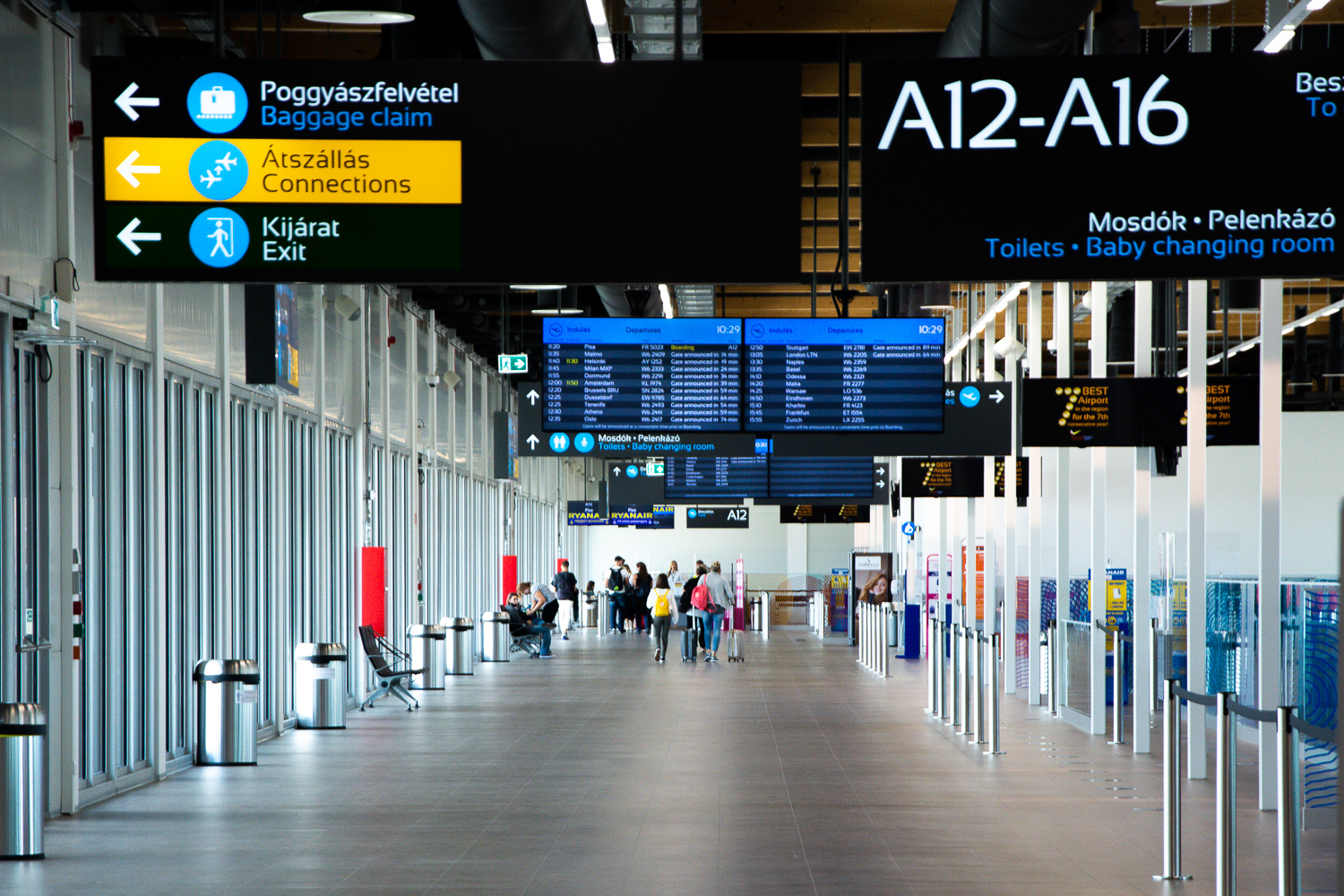Sustainability is a key pillar of Budapest Airport’s day-to-day work and long-term strategy, as set out in 2015. Airport chiefs and the 40 organisations based at Ferihegy meet regularly to assess and push forward the GreenAirport programme to reduce the carbon footprint of operations there.
At the most recent get-together, a plan was outlined to reduce its carbon emissions to zero by no later than 2035, 15 years ahead of schedule.

Reopen terminal 1, build terminal 3
According to René Droese, Chief Development Officer at Budapest Airport, “We are incorporating new technological and energy-efficient solutions, including modern insulation and heating systems, LED lighting and solar panels. With the future reopening of Terminal 1 and unveiling of a new Terminal 3, to serve the expected future growth of passengers, all these major developments need to have net zero as a base requirement in the design phase”.
Budapest was the first airport in the region to receive carbon neutral certification from Airports Council International (ACI) in 2018.
Net zero by 2035
Budapest Airport CEO Chris Dinsdale, underlined: “If we continue along the path that we have started, we could be the first airport in the region to achieve net zero carbon emissions, sometime prior to 2035”.
“2035 is not far away, so we are working hard on a detailed roadmap which will ensure that we reach zero emissions by at least 15 years earlier than the 2050 target date set by the Paris Agreement on climate change, showing an example to other airports in Europe.”
Over the past ten years, Budapest Airport has managed to reduce its carbon dioxide emissions per passenger to nearly one third of the previous level, and lessen drinking water consumption by 30%. The company’s recycle rate is 70%, compared to the figure of below 35% among Budapest residents.

To achieve its e-mobility goals, Budapest Airport promotes the use of electric and hybrid vehicles, both inside and outside the airport perimeter. The company plans to unveil 35 new e-chargers by the end of 2021, which would bring the total number of charging points available to its employees, tenants and passengers to 116. More than 100 additional charging stations are scheduled for the coming years, with a view to ground handling companies and most other partners working at the airport to switch fully to electric vehicles in the future.
Budapest Airport recently joined a consortium which was granted nearly €25 million in support from the European Commission, as part of the STARGATE sustainability project, developing and putting in place a cloud-based, paper-free cargo handling system, together with other environmentally friendly moves.




